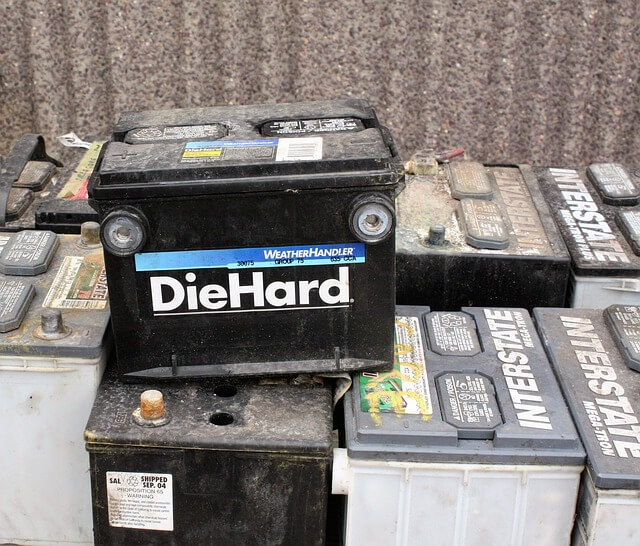Comparing NMC Battery vs LiFePO4 Battery: A Comprehensive Analysis
In the realm of rechargeable batteries, a wide array of chemistries and technologies are at our disposal, each carrying its distinct advantages and drawbacks. Among the prominent contenders in this field are the NMC (Nickel Manganese Cobalt) battery and the LiFePO4 (Lithium Iron Phosphate) battery. These two battery types exhibit unique characteristics and applications, emphasizing the need for a thorough understanding of their differences and merits.

NMC batteries, often favored by industry giants like Tesla, are known for their heightened energy density and substantial capacity, making them well-suited for use in electric vehicles and energy storage systems. However, this increased energy potential comes with trade-offs, primarily revolving around safety concerns. NMC batteries require protective plates to mitigate the risks associated with thermal runaway and overcharging. While rigorous guidelines have been established to ensure safe charging and proper storage, the management of NMC batteries demands meticulous care and vigilance.
Conversely, LiFePO4 batteries have emerged as a notably safer and more robust alternative. Their distinctive chemical composition results in batteries with a significantly higher thermal runaway temperature, greatly reducing the likelihood of overheating or combustion. This unique characteristic positions LiFePO4 batteries as the preferred choice for applications where safety is of utmost importance. Furthermore, they boast a longer lifespan compared to their NMC counterparts, making them a cost-effective solution in the long run.
The substantial advantages of LiFePO4 batteries, characterized by enhanced safety and durability, have propelled their increasing popularity across a spectrum of applications, spanning from solar energy storage to uninterruptible power supplies (UPS) and portable electronics. Their consistent performance and reduced risk of accidents have firmly established LiFePO4 batteries as an enticing option for both individual consumers and businesses alike.
In conclusion, while NMC batteries impress with their remarkable energy density, they are burdened by inherent safety challenges that require careful handling. Conversely, LiFePO4 batteries present a safer and more robust alternative, rendering them the preferred choice for applications that prioritize reliability and endurance. Gaining a comprehensive understanding of these two battery types is vital in a world that increasingly depends on portable power sources.